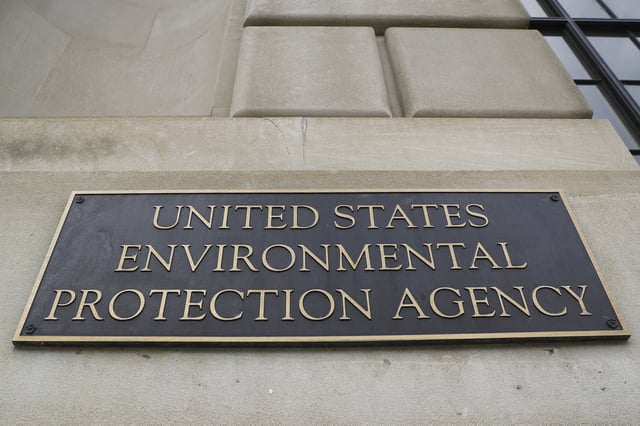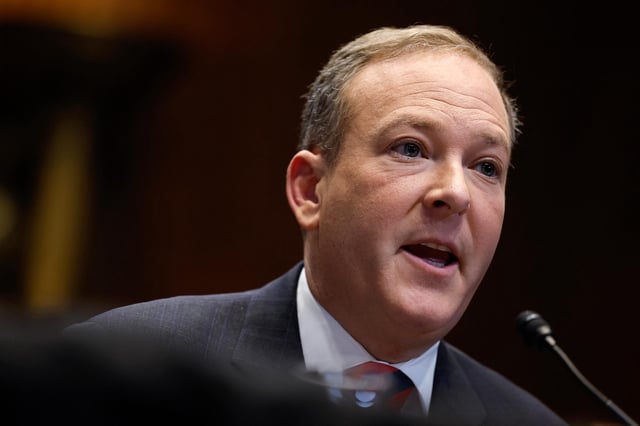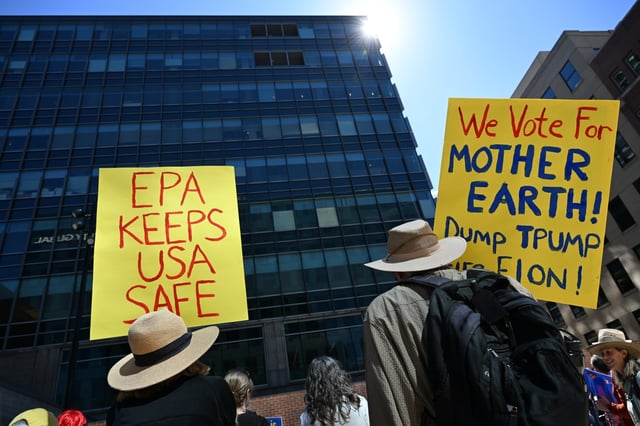Overview
- The EPA placed about 140 career staffers on temporary, paid non-duty status pending an administrative investigation after they signed a letter challenging Trump-era environmental policies.
- Administrator Lee Zeldin invoked a zero-tolerance policy for employees allegedly misusing their official titles to undermine the administration’s energy dominance and deregulatory agenda.
- The dissent letter gathered over 270 signatures—including roughly 170 current EPA employees—and outlined five key concerns from ignored science to dismantled research and environmental justice programs.
- Internal EPA communications stress that the leave is not disciplinary but part of a formal probe into potential policy violations by the signatories.
- Labor unions, environmental advocates and legal experts warn the move could chill scientific advocacy and spur First Amendment and Hatch Act challenges.



